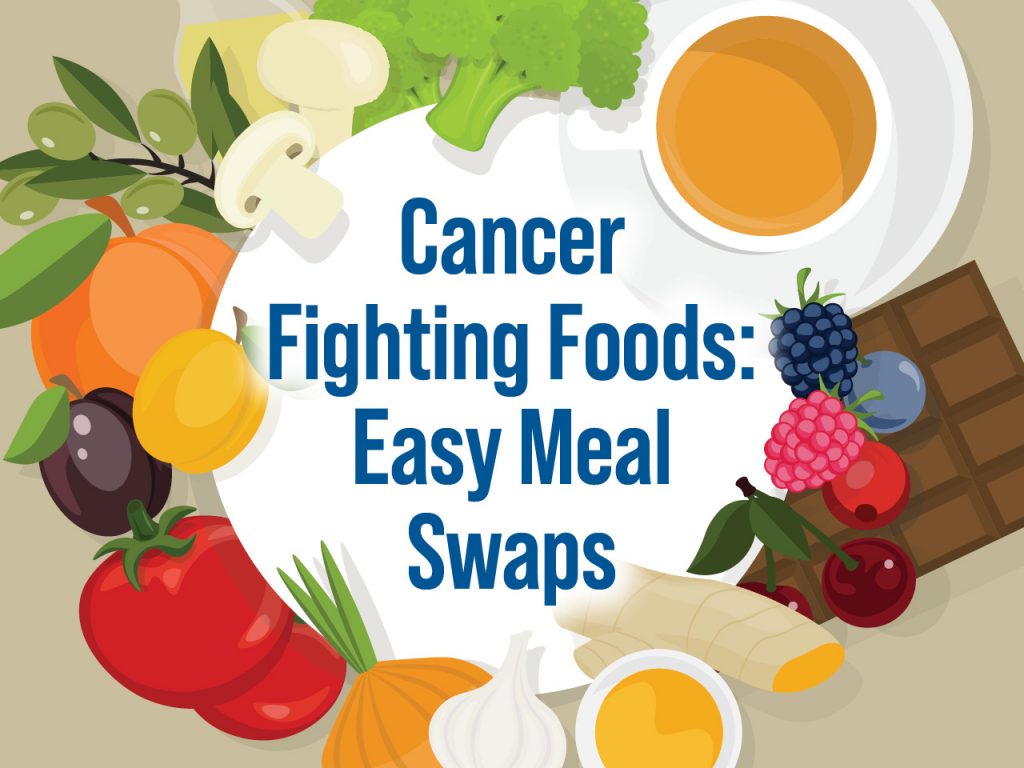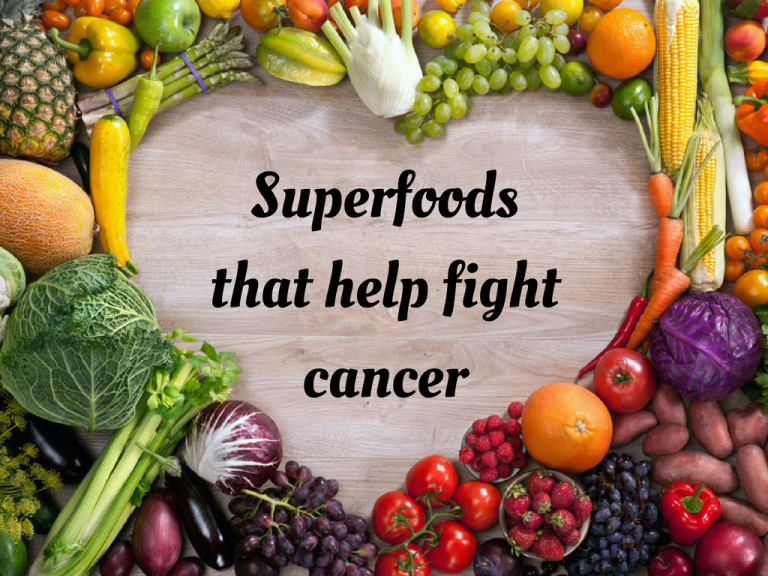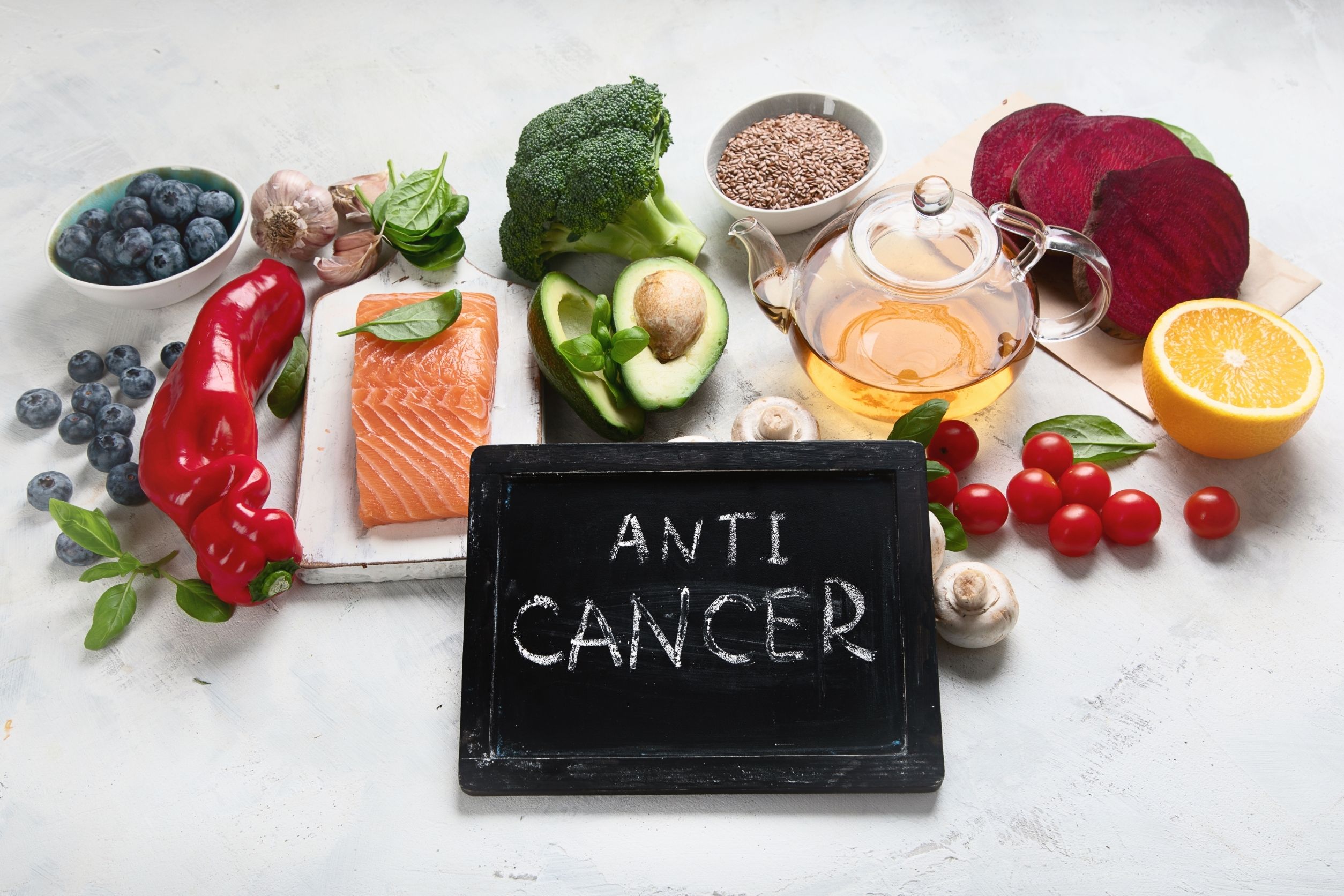Cancer is a leading cause of death worldwide, but the good news is that many cancer types are preventable through lifestyle choices, particularly diet. A healthy diet plays a significant role in reducing the risk of cancer by promoting overall health and supporting the body’s ability to ward off diseases. With a growing body of research linking nutrition and cancer prevention, it’s clear that making informed dietary choices is one of the most effective ways to reduce cancer risk. In this article, we’ll explore how healthy eating can help in cancer prevention, the types of foods that protect against cancer, and practical tips for incorporating these foods into your daily life.
Why Healthy Eating Matters in Cancer Prevention
A nutritious, balanced diet is the foundation of good health. It supports immune function, reduces inflammation, and helps maintain a healthy weight—all of which are important in lowering the risk of cancer. Certain foods contain bioactive compounds such as antioxidants, vitamins, and minerals, which have been shown to prevent DNA damage, inhibit cancer cell growth, and promote healthy cell regeneration.

Reducing Chronic Inflammation
Chronic inflammation is a well-established factor in the development of various types of cancer. A diet rich in fruits, vegetables, whole grains, and healthy fats can help reduce inflammation. For example, foods like fatty fish, olive oil, and leafy greens contain compounds that have anti-inflammatory properties. By reducing inflammation, healthy eating can lower the risk of cancer and prevent the progression of existing cancer cells.
Supporting the Immune System
A robust immune system is essential for protecting the body from harmful invaders, including cancer cells. Nutrient-dense foods such as citrus fruits, nuts, seeds, and vegetables help strengthen the immune system. Vitamins and minerals, like Vitamin C, Vitamin E, and zinc, support immune function and enable the body to fight cancer-causing agents more effectively.
Foods That Help Prevent Cancer
Certain foods have been shown to play a direct role in cancer prevention due to their rich content of cancer-fighting compounds. Incorporating these foods into your diet regularly can provide long-term health benefits and lower your overall risk of developing cancer.
Cruciferous Vegetables
Cruciferous vegetables, including broccoli, cauliflower, kale, and Brussels sprouts, are among the most powerful cancer-fighting foods. These vegetables contain compounds known as glucosinolates, which have been shown to help detoxify the body and reduce the risk of cancers such as breast, prostate, and lung cancer. Additionally, these vegetables are high in fiber, which aids digestion and helps maintain a healthy weight.
Berries and Citrus Fruits
Berries, such as strawberries, blueberries, and raspberries, are packed with antioxidants like Vitamin C and flavonoids, which can protect cells from damage and prevent mutations that could lead to cancer. Citrus fruits like oranges, lemons, and grapefruits are also rich in Vitamin C and other immune-boosting compounds that reduce oxidative stress and fight cancer-causing free radicals in the body.
Healthy Fats
Not all fats are bad. Healthy fats, such as those found in avocados, nuts, seeds, and fatty fish (like salmon and mackerel), are essential for maintaining proper cell function and supporting overall health. Omega-3 fatty acids, in particular, have been shown to reduce inflammation and inhibit cancer cell growth, especially in cases of breast, colon, and prostate cancer.
Whole Grains
Whole grains, including brown rice, quinoa, oats, and barley, are rich in fiber and essential nutrients that support digestive health and reduce the risk of colorectal cancer. A high-fiber diet helps promote regular bowel movements, preventing the buildup of harmful substances in the intestines that could lead to cancer. Whole grains also provide important minerals like magnesium and zinc, which are essential for maintaining healthy immune function.
Garlic and Onions
Garlic and onions contain sulfur compounds that have been linked to a reduced risk of several types of cancer, including stomach and colon cancer. These compounds help detoxify the body and neutralize cancer-causing chemicals. Consuming raw or lightly cooked garlic and onions can enhance their cancer-fighting properties, making them an excellent addition to your diet.
Tips for Implementing Cancer-Fighting Foods into Your Diet
Incorporating cancer-preventing foods into your daily meals is easier than you think. Here are some practical tips for making healthy, cancer-fighting choices:

Plan Balanced Meals
Ensure that each meal includes a variety of cancer-fighting foods, such as vegetables, fruits, whole grains, and healthy fats. For example, you can start your day with a bowl of oatmeal topped with berries and nuts, have a salad with leafy greens and grilled salmon for lunch, and enjoy a vegetable stir-fry with brown rice for dinner.
Snack Smart
Instead of reaching for processed snacks, choose cancer-fighting options like fresh fruit, a handful of nuts, or raw vegetables with hummus. These nutrient-dense snacks will keep you energized while providing important nutrients that support your health.
Reduce Processed Foods
Processed foods, particularly those high in refined sugars, unhealthy fats, and artificial additives, have been linked to an increased risk of cancer. Try to limit your consumption of packaged snacks, sugary drinks, and fast food. Instead, focus on whole, unprocessed foods that are rich in vitamins, minerals, and antioxidants.
Experiment with Cooking Methods
Some cooking methods can reduce the nutritional value of cancer-fighting foods. For example, grilling or frying vegetables at high temperatures can lead to the formation of harmful compounds. Opt for healthier cooking techniques such as steaming, roasting, or sautéing to preserve the nutrients and cancer-fighting properties of your ingredients.
Stay Hydrated
Staying hydrated is essential for overall health, and it’s especially important for cancer prevention. Water helps flush toxins from the body and supports digestion. Drinking herbal teas, such as green tea, can also provide additional cancer-fighting benefits due to their high content of antioxidants.
The Role of Healthy Eating in Maintaining a Healthy Weight
Maintaining a healthy weight is a key factor in reducing the risk of cancer. Being overweight or obese has been associated with an increased risk of several types of cancer, including breast, colon, and liver cancer. A healthy diet that emphasizes whole, nutrient-dense foods can help you maintain a healthy weight by promoting satiety and reducing the likelihood of overeating.

Avoid Crash Diets
Crash diets and extreme weight-loss methods are not only unsustainable but can also lead to nutrient deficiencies. Instead, focus on adopting a balanced eating plan that prioritizes whole foods, fiber, and healthy fats. Gradual weight loss through healthy eating habits will allow you to maintain long-term results and lower your risk of cancer.
Conclusion
Healthy eating is one of the most effective strategies for cancer prevention. By incorporating cancer-fighting foods such as fruits, vegetables, whole grains, and healthy fats into your diet, you can reduce inflammation, strengthen your immune system, and support overall health. In addition, maintaining a healthy weight and avoiding processed foods can further decrease your cancer risk. While diet alone cannot guarantee cancer prevention, adopting a nutrient-rich diet is a powerful step toward reducing your chances of developing this devastating disease. By making these small, positive changes, you can take control of your health and protect yourself against cancer for years to come.

Leave a Reply